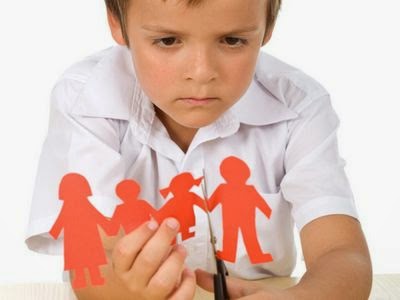Self-esteem fluctuates as kids grow. It's frequently changed and fine-tuned, because it is affected by a child's experiences and new perceptions. So it helps to be aware of the signs of both healthy and unhealthy self-esteem. Kids with low self-esteem may not want to try new things and may speak negatively about themselves: "I'm stupid," "I'll never learn how to do this," or "What's the point? Nobody cares about me anyway." They may exhibit a low tolerance for frustration, giving up easily or waiting for somebody else to take over. They tend to be overly critical of and easily disappointed in themselves. Kids with low self-esteem see temporary setbacks as permanent, intolerable conditions, and a sense of pessimism prevails. This can place kids at risk for stress and mental health problems, as well as real difficulties solving different kinds of problems and challenges they encounter.
Kids with healthy self-esteem tend to enjoy interacting with others. They're comfortable in social settings and enjoys group activities as well as independent pursuits. When challenges arise, they can work toward finding solutions and voice discontent without belittling themselves or others. For example, rather than saying, "I'm an idiot," a child with healthy self-esteem says, "I don't understand this." They know their strengths and weaknesses, and accept them. A sense of optimism prevails.Self-esteem fluctuates as kids grow. It's frequently changed and fine-tuned, because it is affected by a child's experiences and new perceptions. So it helps to be aware of the signs of both healthy and unhealthy self-esteem.


.jpg)
























